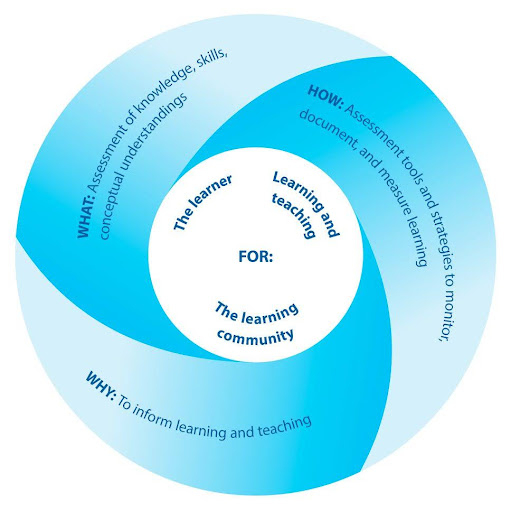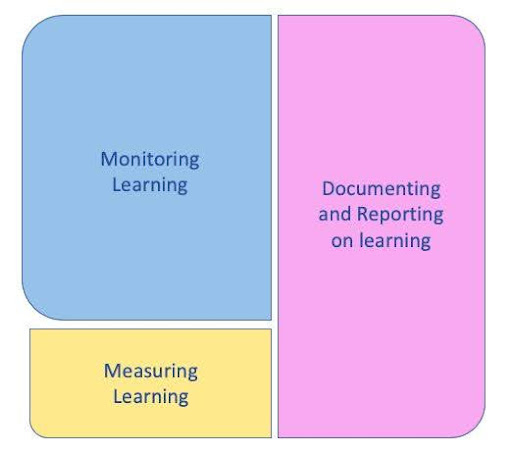Philosophy Statement
At KJS, assessment is central to our goal of supporting students in the development of knowledge, conceptual understanding and transferable skills. One of the main goals of assessment is to have practitioners and students who demonstrate assessment capability and parents and legal guardians who are informed about their child’s current learning targets and how best to support them in making progress. Assessment of all types provide evidence for the practitioner to make decisions, often in collaboration with the learner, about the next steps in the learning process. Effective assessment integrates assessment for, of, and as learning. Assessment practices should inform the learner, learning and teaching, the learning community. At KJS we aim to involve practitioners and students collaboratively in monitoring, documenting, measuring and reporting on learning. This collaboration in turn helps to develop our students as reflective thinkers who are increasingly able to identify their own strengths and areas for development, taking initiative and action to set and achieve personal targets. The KJS Assessment Policy is informed by and consistent with that of the IBO and accordingly, includes the model for ‘Integrating assessment.’

Integrated Assessment Culture at KJS
We believe all stakeholders (learners, practitioners and guardians) need to be assessment capable and have a shared understanding of the purpose and value of assessment in both learning and teaching. It is important that stakeholders understand what is being assessed, the criteria for success, and the methods by which the assessment is made. This understanding will support learners in monitoring and regulating their own learning and as a result they will have greater success in school.
Assessment capable learners: Students at KJS understand what they are learning , why they are learning it, what success looks like and how to achieve this. They are able to monitor their own progress, set learning targets and reflect on their learning. Students assessment capabilities are cultivated by their teachers and they are very much active participants in the assessment process.
Assessment capable learners:
- partner with teachers to select personal learning targets and success criteria
- understand where they are in their learning, their next steps and how to achieve this
- select tools and resources to guide their learning
- self-report on their achievements with increasing accuracy and confidence
- communicate their learning progress
- are developing metacognitive skills to reflect on their learning and to plan next steps
- seek feedback and recognise mistake making as learning opportunities
Assessment capable practitioners: Assessment for, of and as learning is part of the dialogue and discussions our practitioners have on a regular basis at KJS. We define assessment capable practitioners as those who cultivate and encourage learners to be, and feel, accountable for their own progress. Practitioners support learners to become self-regulated who self-assess, self-monitor and self-adjust their own learning. Assessment is part of the regular collaborative conversation as a way of finding out where learners are and their next steps. Practitioners think like assessors using learning engagements as opportunities to find out more about their learners and about their own teaching practices. They are knowledgeable about the curriculum, learners and effective pedagogical practices.
Assessment capable practitioners:
- know how to gather assessment information and communicate the information in ways that are supportive of student learning
- help students understand what success is: teachers share and co-construct understanding through the use of criteria/descriptors and exemplars
- use data and evidence to inform learning and teaching
- help students develop their metacognitive skills to effectively evaluate their own work
- help students to develop strategies to modify and monitor their own work.
- give effective, timely feedback and communicate learning progress
- share evidence and data with students and the learning community
- partner with students to develop learning targets
- support students to know where they are in relation to the criteria and select appropriate tools and strategies to move forward
- support students understanding and development of assessment capability through modelling
- build students’ self-efficacy through intrinsic motivation strategies and create a learning climate where mistakes are seen as learning opportunities
Assessment capable learning community: We understand the importance of having regular and open communication with our learning community to support success for every child. To enable an assessment capable learning community we will;
- explain our beliefs and values about assessment through meetings, and written communication
- ensure the community are aware of the benefit mistake making has in the process of assessment
- provide regular opportunities throughout the year for members of the learning community to have face to face meetings with their child and the teacher
- provide written reports on a regular basis throughout the year
- obtain feedback from our learning community regarding the reporting process
Dimensions of Assessment
The purpose of assessment is to inform the learner, learning and teaching, and the learning community so that students can answer the questions: Where am I going? How am I going? Where to next? This can only be achieved if practitioners and students work collaboratively together to monitor, document, measure and report on learning. Documenting and reporting are combined dimensions to reflect our practice.

These definitions, tools and strategies provide clarity regarding implementation of the four dimensions of assessment, examples of tools and strategies used across KJS for each dimension as well as department expectations for each dimension.
Year Group Expectations
Staff at KJS will be supported and encouraged to continually access evidence based tools and strategies in order to enhance assessment practices.



